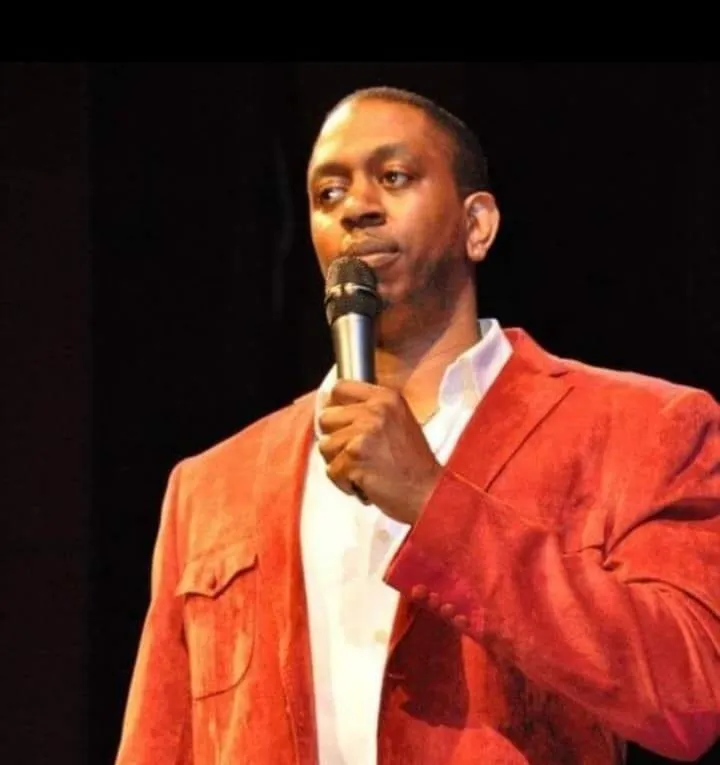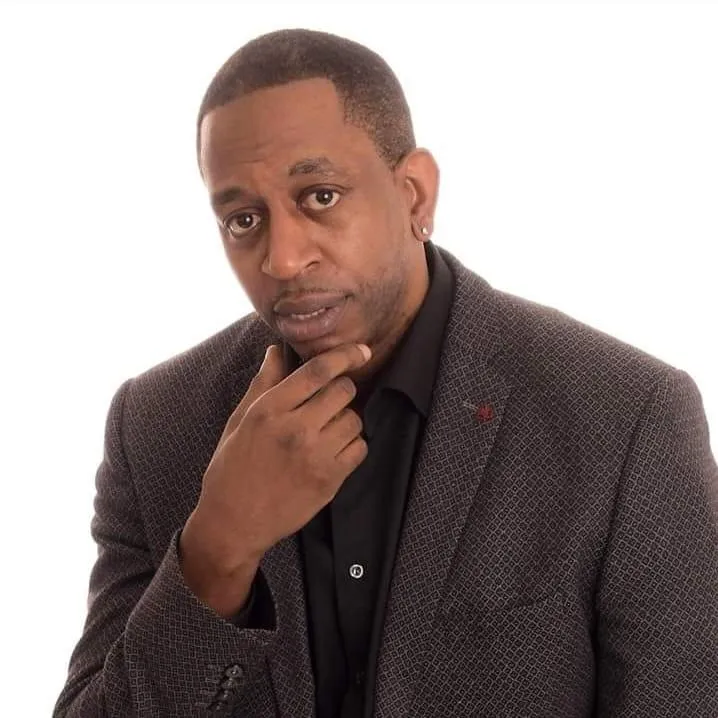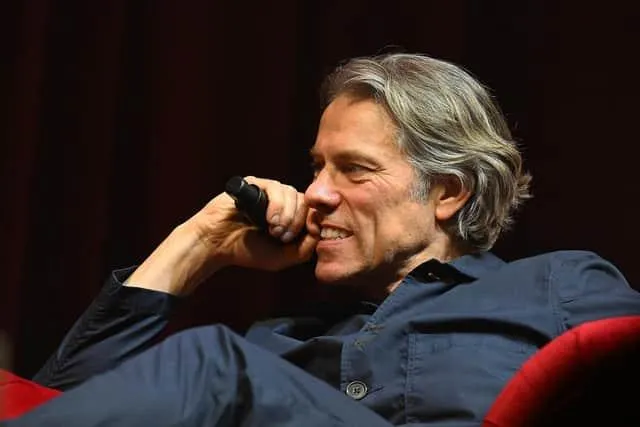ABOUT
I've become a comedian who has toured the world with my storytelling and edgy, observational humour, connecting with audiences across continents and resonating with people from all walks of life. Through my journey, I’ve learned that laughter transcends race, creed, and colour, and I’m proud to be appreciated for bringing people together with authenticity, insight, and a style that’s uniquely my own."
When I first started out in comedy, I was the fresh face, the “funny new kid on the block.” My first few years were exciting—I won awards, got booked based on my talent, and even became the regular host of a monthly comedy show that ran successfully for four years. Comedy wasn’t my main source of income, so doing a couple of gigs each month was enough. I was working the urban circuit, where gigs were limited, and my reputation alone kept me going. But when that circuit quieted down, and my main promoter called it a day, I found myself adrift. I didn’t know where to look for gigs outside my circle, and nobody outside that circuit knew who I was. Watching other comedians perform regularly while I only managed a show every few months stung.
Determined to change things, I reached out to several management organisations, hoping for representation and bookings. But the calls never came. It was like waiting for a girl you liked to call, but she never rang. Even when i got a response it was one of disappointment. The rejection was real, and I heard it all: “You’re not funny,” “You haven't got enough experience," "You're too posh,” “You’re too Black,” even “We already have a handsome Black comic!” I was crushed. I'd been funny my whole life, I had the awards and the audience reactions to prove it. Yet there I was being told I didn’t belong.

So, I stopped waiting around. I put on my own shows, filling the room with a mixed audience and proving that people would come to see me. The crowds weren’t huge, I was making my own way. Yet still, outside of my shows, I remained unknown, and other comics were getting the recognition I longed for. I didn’t want to ask for gigs, especially after those previous rejections. I believed I was talented enough that my work should speak for itself. But the reality of comedy didn’t always line up with my ideals.
When I did manage to get booked again, I was thrilled. But the gig was a disaster, the audience didn’t respond, and I reacted badly, blaming them for not “getting” me. It was a low point, and I took a step back, regrouping and thinking hard about my next steps.
Over time, I started reaching out to a few comedian friends, letting them guide me into new spaces. I began performing in mainstream venues, slowly gaining traction. leaving behind the urban scene. I didn’t initially know how to navigate these new waters, like asking club managers for feedback or securing follow-up gigs. The audience’s reactions kept me coming back. Eventually these clubs went out of business and I was stuck again only this time I had lost connections with the promoters on the urban circuit and made the same mistake as to not knowing how to negotiate for more bookings on the mainstream circuit

"Over the years, Peter has earned praise not only from his fans but also from some of the biggest names in comedy. His work has been lauded for its warmth, intelligence, and side-splitting delivery." - Michael McIntyre

It’s been a challenging road, full of setbacks and lessons, but I’m still here, still pushing forward, and still proving that I have what it takes to make people laugh. This journey isn’t easy, but it’s mine, and I wouldn’t trade it for anything. Over time, I knew I couldn’t fall back into the same mistakes I’d made before. It was time
to step up, speak out, and represent myself with confidence. I had always been the life
of the party, the guy who could make people laugh and light up a room. Now, I needed
to bring that energy to my career in a new way.
I began reaching out to organisers through my comic buddies and asking for just five minutes on stage. Those five minutes soon grew to 10, then 20, and I learned to see it not as begging for gigs, but as showcasing my talent. That mindset shift was a game changer. To progress, I realised I needed to build relationships with managers, even if I wasn’t quite sure how to approach them. So, I started going to their venues with fellow comedians, making my presence known.
In time, I built rapport with a few managers, staff, and met new comics along the way. Slowly but surely, I was carving out a place for myself in the industry on my own terms. knowing I still had a hurdle to overcome which is how to approach managers of venues direct. I've learned that to get anywhere in life, you have to ask for help and seek advice. I used to think things would just come to me, but that mindset only held me back. Instead of waiting, you have to chase your dreams and go after what you want. I know that I could be further along if I hadn’t wasted time procrastinating.
However, every experience has taught me something invaluable, and I’m grateful for it. With a clearer understanding of where I went wrong and what I need to change, I’m ready to move forward. I no longer see reaching out as “begging," it’s a necessary part of my growth. In- fact you’ll often find me at open mics, refining new material, committed to building a stronger future from these hard, won lessons.

"I’ve seen Peter perform a few times, and every time he brings something fresh and hilarious to the stage. He has a natural talent for comedy, and it’s only a matter of time before everyone knows his name." - John Bishop
Copyright 2024 . All rights reserved
